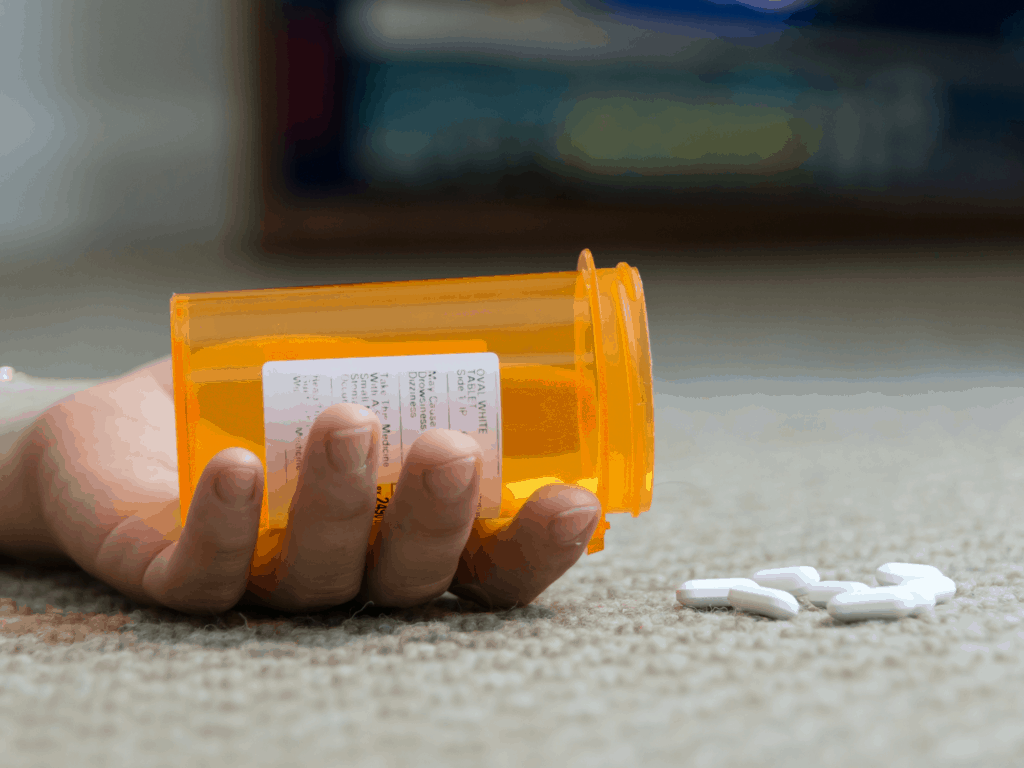National Overdose Awareness Day is dedicated to drug overdose awareness, and held every year on August 31st. Participants are encouraged to talk about the drug related deaths of friends and loved ones in an effort to combat the stigma associated with this topic. In addition to spreading the message that it’s ok to talk about substance abuse, National Drug Awareness day recognizes the anguish felt by the loved ones of those killed or suffering permanent effects as a result of drug overdose.
Drug Overdose Statistics
The United Nations Office on Drugs and Crime estimated that in 2012 there were over 180,000 overdose-related deaths worldwide, the largest percentage caused by opioids. Over the last 12 years, drug related deaths in the United States have risen steadily (41,340 in 2011), and over the last four years have been responsible for more deaths than automobile accidents (33,561 in 2011). The United Kingdom is also experiencing this phenomenon, with 3,256 deaths due to overdose in 2012, compared to 1,832 traffic-related deaths.
Prescription drug abuse is becoming more prevalent now than ever. Of the 38,329 U.S drug related deaths in 2010, the vast majority of them were caused by prescription drugs (22,134), and only 6,235 were attributed to heroin. About 44 people die every day from prescription drug use, with even more on their way to becoming addicted.
What Do We Do?
Awareness of the dangers of illicit and prescription drugs can go a long way. By properly arming ourselves with the facts about the severity of drug addiction and overdose, we can prevent ourselves and loved ones from falling victim to addiction and death. In the spirit of National Overdose Awareness Day, have an open line of communication with your loved ones about substance use. Specifically, be honest about your use. Much of what keeps drug users from seeking treatment for their addiction is the stigma attached to drug use. By communicating honestly about substances, we can break down that stigma, and get help for those who need treatment. Substance abuse is treatable and does not have to be fatal, so try to be open and receptive to anyone you know who may be struggling with addiction. This may be easier said than done, but your empathy could help to save lives.
Prescription Drug Recommendations
If you’ve injured yourself and are looking for prescription medication to ease the pain, talk to your doctor about the non narcotic alternatives available. If you’ve already started taking prescription painkillers for an injury, make sure to communicate regularly with your doctor. Have a plan in place of how and when you’re going to start reducing your medication.
This may go without saying, but don’t take prescription medication unless it is prescribed to you. If you are taking pain medication, stick to the dosage recommended by your doctor. While taking medication, make sure to keep them somewhere out of reach of children. If you stop needing the pills, dispose of them properly. Physicians and nurses used to recommend that patients wrap their medication in toilet paper and flush the contents, but are now asking that patients return their medication to the hospital. Drug Overdose Statistics











